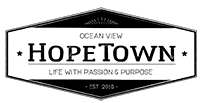“Art is not a mirror to society but a hammer with which to mold it.” – Bertolt Brecht
Do you ever hear something that stops you in your tracks? My high school drama teacher often repeated this quote, and over a decade later, I still reflect on the truth it holds. The stories we tell—whether about family, love, or values—not only describe the world but also shape how we believe it should be.
As a therapist, I see firsthand how narratives mold my clients’ experiences and responses. One of the most common patterns I notice is self-blame—the belief that emotional struggles are personal failings that can be overcome by sheer willpower and determination. Unfortunately, this mindset often leads to a cycle of stress and anxiety, where people become anxious about their own anxieties.
Where Does This Story Come From?
What if I told you that our common understanding of “survival of the fittest” is misleading? Many assume it means that only the strongest and most resilient individuals thrive. This belief reinforces the idea that any personal struggle is an internal weakness that must be conquered.
However, this interpretation misrepresents Darwin’s original concept. Survival of the fittest actually refers to survival of the fit-est—those who best adapt to their environment. It’s not about brute strength but rather about alignment, adaptation, and flexibility. In reality, evolution favors those who fit well into their surroundings rather than those who fight the hardest.
For more on the science behind adaptation, you might find this article on psychological adaption insightful.
Survival & Mental Health: What It Means for You
Your body is wired for survival. Whether or not your environment is healthy, you will find ways to fit into it. Just as animals adapt for survival—whether through camouflage, diet, or behavior—humans, too, develop coping strategies, even if they are not always beneficial in the long run.
The key to mental well-being isn’t about forcing yourself to be stronger or unaffected. Instead, it’s about recognizing how you’ve learned to survive and assessing whether those strategies still serve you. Rather than pushing through harmful patterns, you need to develop self-awareness and self-compassion.
For more on how mindfulness aids mental health, check out this research-backed guide on mindfulness.
Mindfulness & Self-Compassion: A Path to Change
Breaking the Cycle
Instead of pushing harder into outdated coping mechanisms, mindfulness allows you to pause and assess whether your responses are serving you. By acknowledging your emotions rather than suppressing them, you open the door to real change.
Mindfulness and self-compassion are powerful tools in this process. By being present and accepting your experiences without judgment, you become aware of habitual responses—and can begin to adjust them.
A Simple Tool: The SNAP Method
Here’s a useful acronym to guide you in moments of stress: SNAP. The next time you feel anxious, try this approach:
S – Stop
Pause for a moment. Slow down and take a deep breath.
N – Notice
Observe what’s happening in your body and emotions. Where do you feel tension? What emotions are present?
A – Ask
What story are you telling yourself? Is it rooted in truth, or is it a conditioned response? Are external influences shaping your perception?
P – Pivot
With this new awareness, consider trying something different. Instead of reacting on autopilot, choose a response that aligns with your well-being.
Practicing mindfulness and self-compassion allows you to shift from merely surviving to thriving in a way that truly fits who you are.
When to Seek Support
If you resonate with these themes, therapy can be a valuable space for self-exploration. Consider reaching out if you:
-
Feel stuck in repeated behavior patterns.
-
Struggle with stress or anxiety that affects your relationships.
-
Experience self-doubt and difficulty making decisions.
-
Feel pressured by family, work, or societal expectations.
-
Want to cultivate more self-awareness and emotional resilience.
You don’t have to navigate this alone. If you’re interested in therapy, you can learn more about my approach here.
Final Thoughts
Our understanding of survival has long been distorted by the idea that strength and endurance are all that matter. But true survival—the survival of the fit-est—is about adapting to our circumstances. Mindfulness and self-compassion give us the tools to assess whether our learned responses still serve us and allow us to pivot toward healthier, more fulfilling ways of being.
If you’d like to explore more on this journey, feel free to schedule a consultation.






